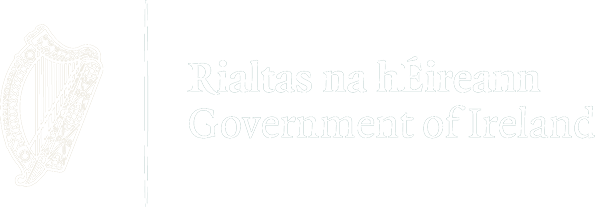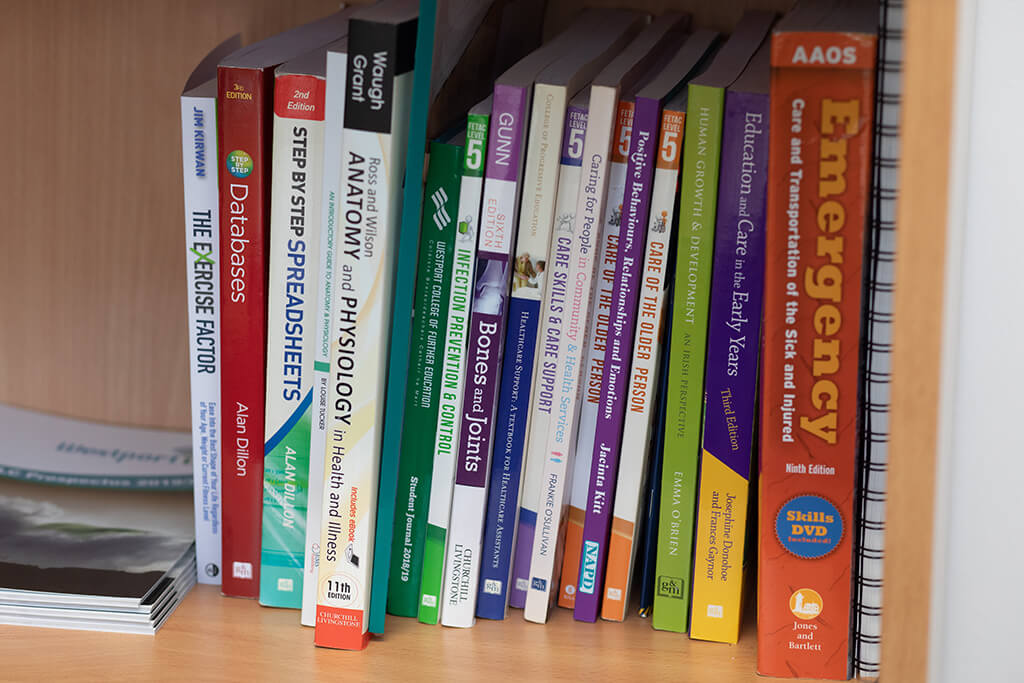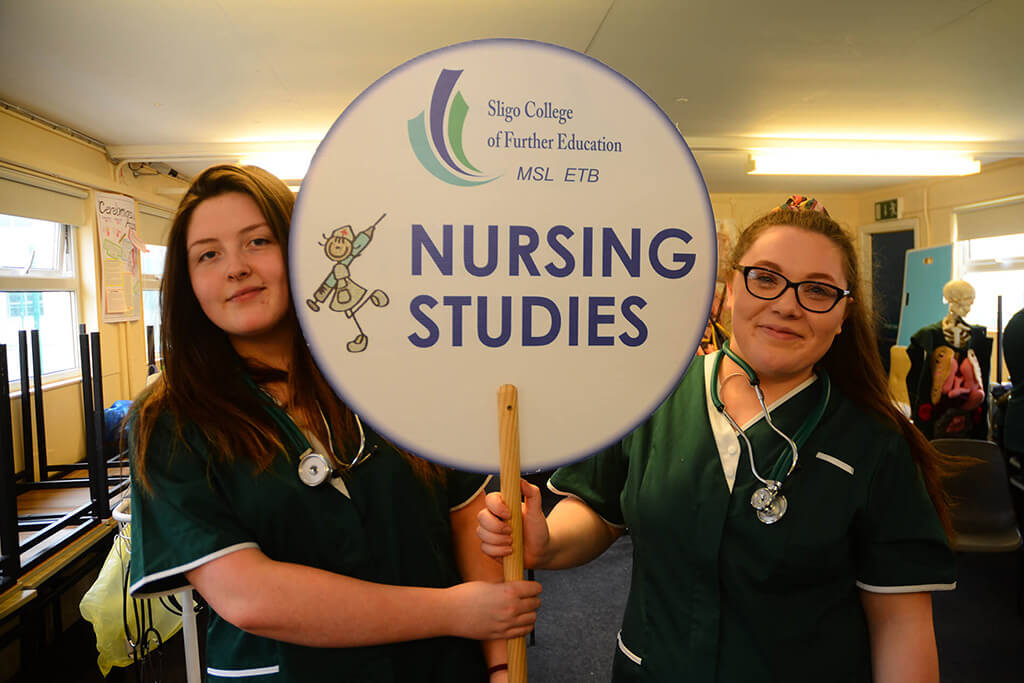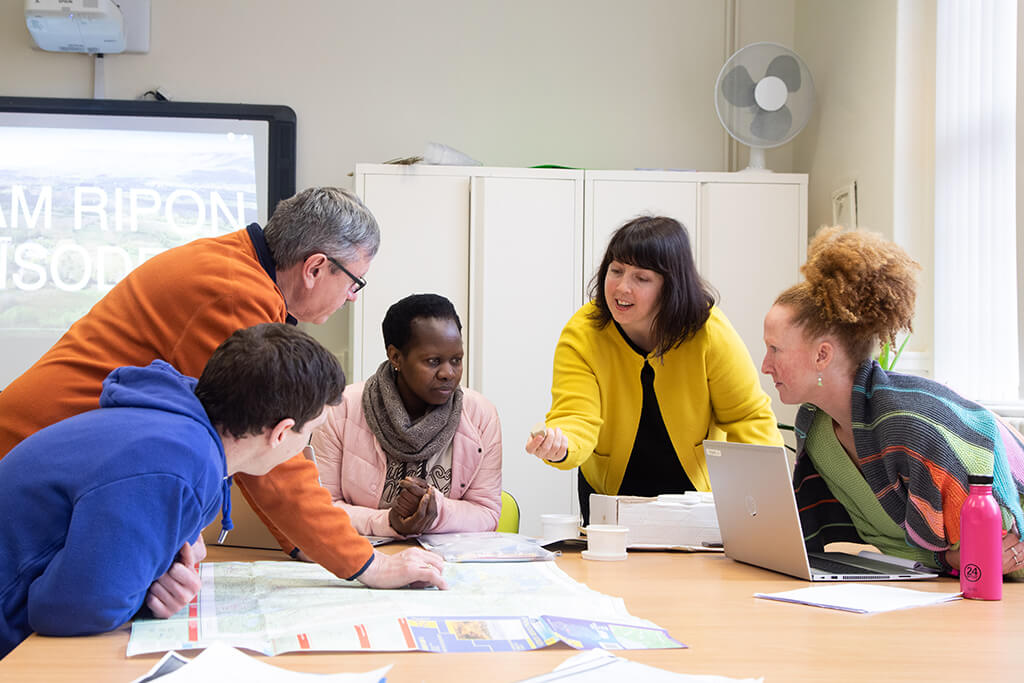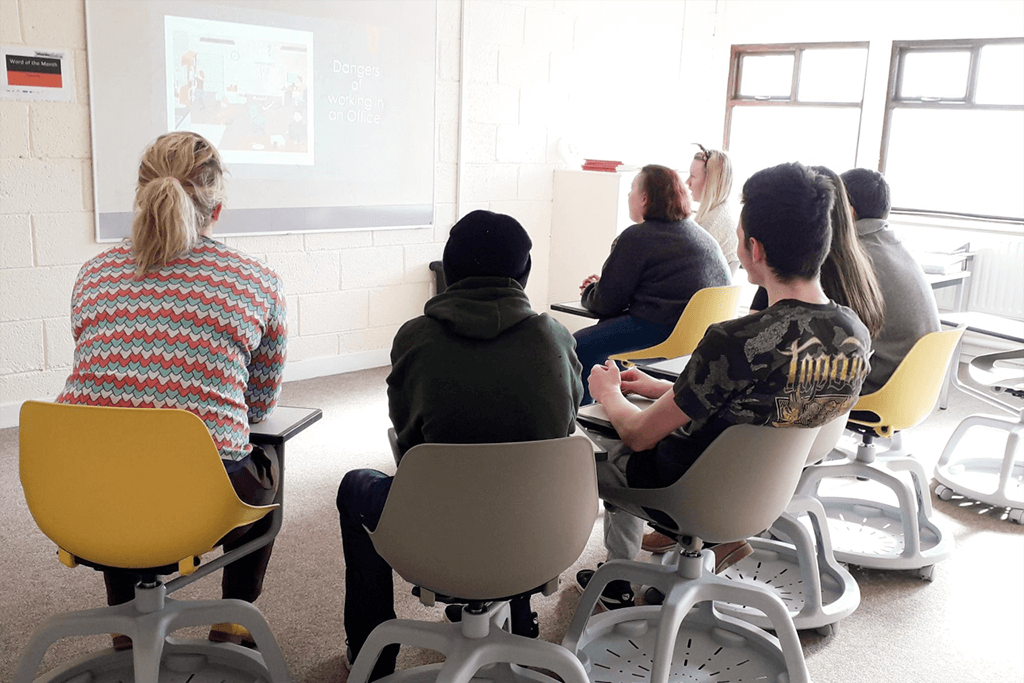FET Programmes Explained
Further Education and Training offers a wide range of opportunities for everyone. FET courses, which are delivered through the ETBs and other providers, can make a real difference to the lives of individuals by developing skills and supporting life-long learning, no matter who you are or where you are on your journey. FET is inclusive and accessible to everyone including school leavers, career changers, people returning to employment, people with disabilities and older people. FET learners include everyone from WorldSkills gold medal winners to grandmothers improving their literacy skills to help their grandchildren with their homework. FETCHcoures.ie means that it has never been easier to find the right course for individuals.
This operation is co-funded by the Government of Ireland and the European Union.
read more
Through the ETB network, Further Education and Training in the form of PLCs, traineeships, adult or community education or Specific Skills Training courses, is embedded in every community right across Ireland. Yet to date, the huge opportunities offered through FET have remained one of Ireland’s best kept secrets. Fetchcoures.ie is a very significant step to communicating the rich diversity of options we offer to learners aged 18 to 67.”The Further Education and Training (FET) system delivers a continuum of learning opportunities from Level 1 to Level 6 of the National Framework of Qualifications (NFQ), focused on both core and specific skills development, accompanied by a range of learner supports to facilitate the active inclusion of all citizens. Further education and training provides a diverse range of programmes and supports designed to meet the needs of individuals at different stages of the learning pathway. This includes:
- Courses which are focused on transversal skills development including literacy and numeracy (e.g. Adult Literacy, ESOL, ITABE), in order to build the core capabilities which will allow participants to move on to more advanced learning opportunities
- A range of programmes (e.g. Youthreach, Back to Education Initiative, Skills for Work) are focused more formally on facilitating progression to other education and training opportunities
- Post Leaving Certificate (PLC) provision has a focus on both facilitating progression to higher education and direct generation of employment outcomes
- Other programmes (e.g. traineeships, apprenticeships, specific skills training) are based around the principle of work-based learning and seek to lead directly to sustainable jobs for participants.
The community-based ethos of further education and training ensures a widespread geographic distribution of provision across all corners of the state. Community education is a key component of this landscape, with ground up initiatives developed to serve the needs of particular localities, often in partnership with local organisations. This further reinforces the diverse learner profile across FET, with many availing of courses on a part-time basis, often in evenings or via online resources.
The maximum length of a further education and training course is one year, although some provision carries a two-year option with a distinct award at the end of each year. This means engagement with providers tends to be shorter term than, for example, higher education, yet the system is also characterised by re-engagement of learners for multiple courses, sometimes within the same year.
The benefits from investment in skills at all levels are numerous and span both the economy and society. Social benefits concern individual’s success in effectively and constructively participating in social, civic and working life. The evidence shows that literacy and numeracy skills have a significant impact on gaining employment while community education empowers people to grow in confidence in their own employability and engage effectively with the labour market. It is worth noting that the majority of SOLAS funding is currently targeted at fulltime FET programmes at National Framework of Qualifications (NFQ) levels 1-6 and many of these programmes have a vocational and employment aim.

